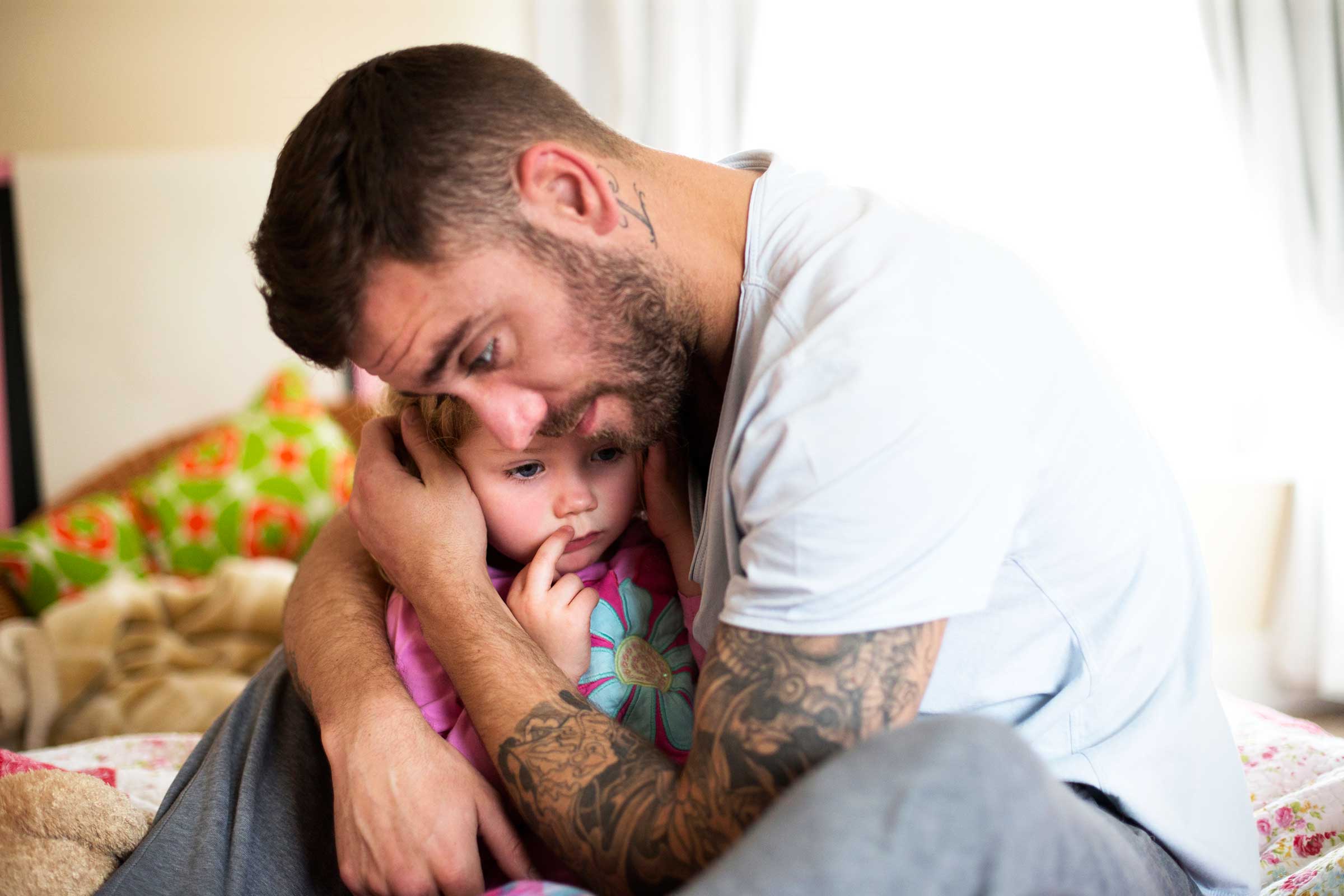
08 Apr Creating an artificially empathetic companion for children
I have been interested in human empathy for a long time. I’m an ENFJ, so I believe empathy is what makes humans human.
I wonder why empathy is often undermined as a core tenet of society – I wish the ability to feel for others, to put oneself in others’ shoes were more highly valued. I imagine what robots without empathy could become and it scares me. As such I am quite interested in furthering the development of artificial emotional intelligence, and in augmenting emotional intelligence of our fellow human beings. Several of my companies through Romulus follows this line of thought.
One of the ideas I’ve been playing with is on the non-profit side: I’d like to see if we can use technology to deliver empathetic mentorship to children – a form of a virtual, artificially emotionally intelligent parent. I love children and the Romulus Foundation is meant to help use some of the same technology we see every day toward benefiting the underprivileged – in particular, children.
The most important humans for any child are their parents. But many children don’t have the luxury of empathetic, or even caring, parents. This is apparently increasingly a need for so-called “homework therapists” (delivering academic AND emotional support) even among well-heeled families but it’s surely a major problem among underprivileged children and orphans. Our society may be losing what makes us human, and it’s something that must be delivered to us early in our lives.
What if we could create a virtual, empathetic parent? A companion the child could have that does more than play games with you (i.e. more than just a virtual friend). This companion would ensure you carried out certain tasks, provide sage advice, sometimes just listen, connect you to others – all with a very healthy dose of unconditional empathy.
There would be many technical challenges to overcome, which is what makes it interesting as a research project, and of course the potential impact is vast and also incrementally tangible. It would start superficially – like an external tutor might – and gradually develop into something more sophisticated – as a long-term babysitter or godparent might. The end goal could be to mimic the mythical she-wolf who raised Romulus & Remus. The same underlying technology could also be used to help parents become more empathetic, and teach them how to foster empathy in their children as well.
If anyone wants to help bring this to life – let me know!


